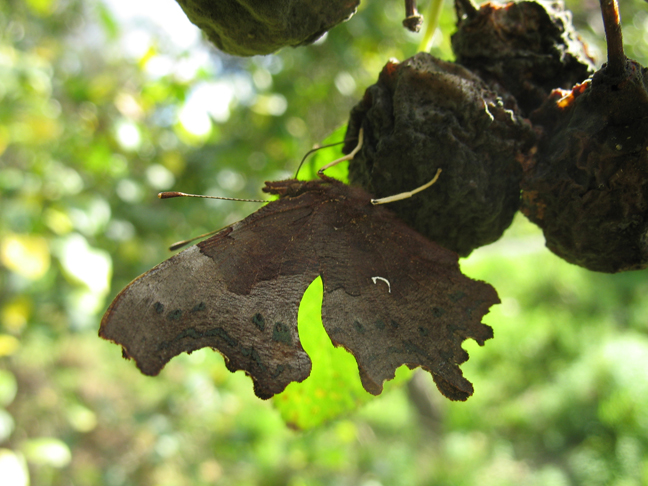I Love You, Comma
Snow day. Everyone who works in Denver is home. Teenie and I both brought work up our long stairs. From the study, I catch whispered twos and sevens every here and there from my roommate accountant. Or are they two’s and seven’s with apostrophes? The apostrophe is like an elevated comma, but I like the fallen version better—it’s more dramatic, more noticeable, like snow, or hair that's just been freed. T works with numbers all day and I work with words. Her job seems harder in many ways. She shuffles through papers, cursing. I add an extra comma to a packet of grammar mistakes that don’t really affect bank accounts or earnings or where kids might end up going to college. If she misplaces a period or a comma, it can mean millions. If I misplace a comma, it changes the meaning of one sentence. Which is, of course, important, too. But for T, forgetting that curved addition can mean a lack of assets, the loss of a higher education, a book unwritten.
I wonder if numbers determine our words or if words determine our numbers. Does the comma hold more gravity for the accountant or the editor? Who uses them more throughout the day? T or me? A calculator or a spell checker? And how many people use both? I haven’t used a calculator in years. I think I may have forgotten how to do long division. The comma is my preferred method of dividing. By definition: an indication of pause, a separator of items in a series, a minute interval, a difference in pitch.
You could liken many things to proliferated punctuation, and more specifically, to the comma: snowflakes, stop lights, sandwich lettuce, breathing, branches, musical rests, parts through hair, sidewalk cracks, handshakes, waves, falling leaves, any thing between any other thing that makes you stop and think.
These are the things I think about when I take a long, late, afternoon shower, watch the steam pour through the cracked window like there’s a fire on Ellsworth. If there were a fire, I probably wouldn’t know. I look up at the showerhead and imagine it's a comma-spewer. When the water gets hotter, the drops become exclamation marks, when colder, those clairvoyant colons that say: "something's coming:" goosebumps.
(Water speaks in italics). (And parentheses because it runs between things, expands materials and their meanings, can also be left out and a sentence will make sense although it will seem thirsty). Wind--like this--creates wisps. A fire is ALL CAPS. If there were one right now, T would run with her numbered papers and computer. What would I bring? A towel and a trail of bathwater. Quincy. When I brought all my books up here, I arranged them in rows inside my rolling luggage. When I leave, I’ll thump ten suitcases of commas down the stairs.
And here’s one more that’s harder to stamp down, which just happens to be the best:
The comma butterfly—whose wings have irregular, ragged edges, and typically a silver-shaped mark on either underside. Who, if you can ever catch one (in 1920, there were only two sightings), looks just like a fallen leaf.
